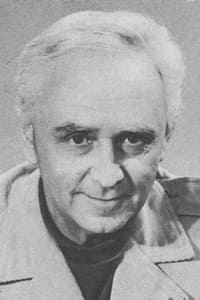The Last Artifact
January 2020 •English
Just outside Paris, France, inside a high-tech vault, requiring three independently controlled keys, rests a small metallic cylinder about the diameter of a golf ball. Encased within three vacuum-sealed bell jars it may not look like much, but it is one of the most important objects on the planet. It affects nearly every aspect of our lives from the moment we are born, to the food we eat, the cars we drive, and even the medicines we take. The Last Artifact follows the high-stakes race to redefine the weight of the world reveals the untold story of one of the most important objects on the planet. The kilogram, the base unit of mass in the International System of Units, helped send humans to the moon and satellites into space. This small hunk of metal is the object against which all others are measured. Yet over time, its mass mysteriously eroded by the weight of an eyelash. A change that, unbeknownst to most, unleashed a crisis with potentially dire consequences.

